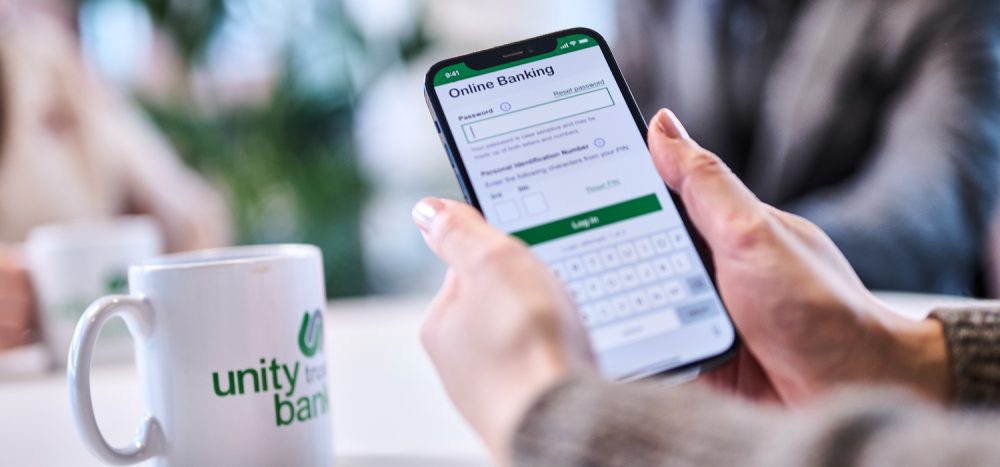
It wouldn’t happen to me? – APP Fraud
Latest NewsIt wouldn’t happen to me? – APP Fraud
Published: October 29, 2024
Have you ever received a call, text, or email urging you to make a payment urgently? It might have seemed legitimate, but what if it wasn’t? This is where APP fraud (also known as Authorised Push Payment Fraud) comes in.
Imagine this:
You receive a call claiming to be from your bank. They say your account has been compromised and you need to move your money to a “safe” account immediately! Feeling panicked, you follow their instructions. Unfortunately, this “safe” account belongs to a scammer, and your money is gone.
How to Protect Yourself?
Here are some simple things you can do to avoid falling for an authorised push payment scam:
- Double-Check Before You Send: Always verify the recipient’s details before making a payment. Look for Confirmation of Payee (CoP) services when available – these help ensure you’re sending money to the intended person or business.
- Never Share Confidential Information Unsolicited: Banks and other legitimate organisations won’t ask for your personal or financial information over email, text message, or phone unless you initiated the contact.
- Be Wary of Urgent Requests: Scammers often create a sense of urgency to pressure you into making a quick decision. Take your time, and don’t feel pressured. If something feels off, it probably is.
- Remember: Don’t be afraid to say “no” and hang up if something feels suspicious.
Learn More About Authorised Push Payment Scams:
Check out our blog for even more tips and examples of APP fraud scams.
If you think you’ve been targeted by an authorised push payment scam: report it here to Unity Trust Bank. You can also report it to the National Cyber Security Centre here.